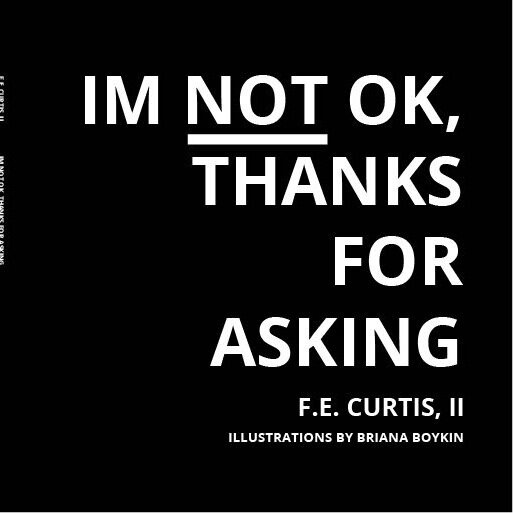Yes, We Actually Need to Talk About Cosby
The Cosby show ended the same day Los Angeles went up in flames. There’s a certain poetic justice to that. It’s a reality I’ve found both tragic and fitting, and one that becomes more and more ironic each and everyday.
On April 29, 1992, four LAPD officers were acquitted in the vicious beating of Rodney King. In response to decades of police brutality, redlining and other discriminatory housing policies, inadequate public education options, low paying jobs, and a host of other factors, Los Angeles went up in flames. Then mayor Tom Bradley attempted to plead with participants in the uprising, a misguided approach at appealing to their better angels by persuading them to go take in the final episode from America’s dad rather than unleash frustration that had been bottling up for decades. The city still burned.
If the cultural death of the 1960’s, a time of turbulent upheaval and transformative change, officially came to pass in May 1970, the 1980’s died in April 1992. An era of homicidal individualism, rampant income inequality, and heightened dog whistle racism was the perfect environment for a Black standup comedian turned America’s middle class education pioneer to take his talents to a height few ever believed possible. Yet it’s the backdrop of the ‘80s, in all its ignorance, greed and imagination, that serves as a perfect framework for which Bill Cosby could succeed.
In his latest work, W. Kamau Bell, a product of Cosby and 1980’s America, takes a well-timed, poignant look at the meteoric rise of Cosby, his vast influence on all forms of American culture and entertainment, and illustrates the abuse that he inflicted on so many women along the way.
Bell is, admittedly, one of my favorite entertainers. While I haven’t delved too much into his standup comedy, I have seen every second of United Shades of America. One of the things that makes We Need to Talk About Cosby so appealing is the way in which the docuseries centers directly impacted people. There are myriad of times through the roughly four-hour production where victims of Cosby’s heinous crimes are able to tell their stories in honest, gut-wrenching, and illustrative form, all alongside a decently-paced story arc of Cosby’s career path – from pseudo college dropout to revolutionary standup to groundbreaking television star.
For the most part, Bell and his team do an exemplary job of bringing together diverse voices that speak intelligently to all parts of the story. While we learn less about the deep cultural impact of Cosby from some commentators (namely Jemele Hill) it is offset by the depth of the criticism and context provided by others (Renee Graham being absolutely extraordinary).
In essence, you leave We Need to Talk About Cosby rather ill, not just because of the extensive harm he’s inflicted on others (though that would certainly be enough) but also because deep down, when you sit with the reality of what he and his enablers allowed to take place over the span six decades, you realize his story is as American as Apple pie — and that’s the truly disturbing part.
We Need to Talk About Cosby is streaming now via Showtime.



